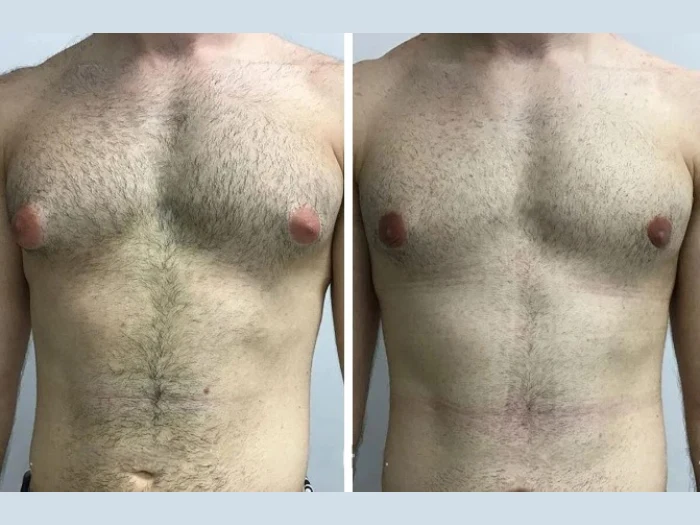Are Rehab Centers Only for Severe Addictions?
When people think of rehabilitation centers, they often picture individuals struggling with severe substance abuse—those who have lost control over their lives due to drugs or alcohol. However, the truth is that rehab centers are not just for people with extreme addictions. They offer support for anyone looking to break free from substance dependence, whether mild or severe.
Understanding Addiction: More Than Just Severe Cases
Addiction exists on a spectrum. Some individuals may have been battling substance abuse for years, while others might have recently noticed their dependence increasing. Recognizing the problem early can prevent it from escalating into a life-threatening situation.
Even people who are functional in their daily lives—holding jobs, managing relationships, and fulfilling responsibilities—may still struggle with addiction. These cases, often referred to as high-functioning addiction, can be just as damaging in the long run as severe cases.
When Should You Consider Rehab?
There are many signs that someone might benefit from professional help, even if their addiction is not at an extreme level. Some indicators include:
-
Loss of Control – Feeling unable to cut down or stop substance use despite wanting to.
-
Increased Tolerance – Needing larger amounts of a substance to feel the same effect.
-
Withdrawal Symptoms – Experiencing discomfort, anxiety, or physical symptoms when trying to quit.
-
Neglecting Responsibilities – Finding it hard to focus on work, school, or family due to substance use.
-
Mental Health Issues – Struggling with depression, anxiety, or mood swings related to substance abuse.
If any of these signs resonate, seeking support from a rehab center can be beneficial—no matter how “mild” the addiction may seem.
Types of Rehab Programs for Different Levels of Addiction
Rehab centers offer various programs tailored to individual needs. Here are some of the most common types:
1. Inpatient Rehabilitation
For those with more severe addictions, inpatient rehab provides 24/7 medical and psychological support. Individuals stay at the facility for a set period, allowing them to detox safely and build new coping strategies in a structured environment.
2. Outpatient Rehabilitation
Outpatient rehab is ideal for those who may not require full-time supervision. Patients attend scheduled therapy sessions and medical check-ups while continuing their daily activities. This option works well for people with early-stage addictions.
3. Detox Programs
Medical detox is often the first step for individuals who need to eliminate substances from their system safely. This can be part of a larger rehab plan, helping individuals manage withdrawal symptoms under medical supervision.
4. Therapy and Counseling
Many people battling addiction also struggle with mental health issues like depression or trauma. Rehab centers offer individual and group therapy to address the root causes of addiction and teach healthier coping mechanisms.
5. Support Groups and Aftercare
Even after rehab, ongoing support is crucial. Programs like 12-step groups, behavioral therapy, and relapse prevention plans help individuals stay on track after leaving the facility.
Why Early Treatment Matters
Many people hesitate to seek help because they feel their addiction is “not bad enough” to require rehab. However, waiting until addiction worsens can make recovery more challenging. Seeking help early increases the chances of a successful recovery and prevents long-term damage to mental and physical health.
Breaking the Stigma Around Rehab
One major reason why individuals delay seeking treatment is the stigma associated with rehab. Many fear being judged by friends, family, or employers. However, rehab is not a sign of failure—it’s a step toward self-improvement and healing.
The truth is, addiction does not discriminate. People from all walks of life, regardless of their age, profession, or social status, can struggle with substance abuse. Rehab centers provide a safe, supportive, and non-judgmental environment for anyone seeking help.
How to Choose the Right Rehab Center
If you or a loved one is considering rehab, here are some factors to consider when choosing a facility:
-
Personalized Treatment Plans – Ensure the center offers customized programs based on individual needs.
-
Experienced Professionals – Look for certified therapists, medical staff, and addiction specialists.
-
Holistic Approaches – Some centers incorporate yoga, meditation, and alternative therapies.
-
Aftercare Support – A good rehab center provides long-term support to prevent relapse.
-
Location and Accessibility – Consider whether the rehab is conveniently located and offers the necessary facilities.
Final Thoughts
Rehab centers are not just for severe addictions. They provide crucial support for anyone struggling with substance dependence, no matter how mild or advanced their condition may be. Seeking help early can prevent addiction from taking over your life and set you on the path to recovery.
If you’re looking for professional rehabilitation services, Nasha Mukti Kendra in Mohali offers comprehensive treatment programs for individuals at all stages of addiction. Their dedicated team of experts provides personalized care to help you regain control of your life.











